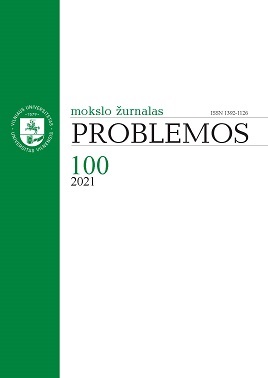From Habermas to Derrida: A Weak Form of Secular Universalism
From Habermas to Derrida: A Weak Form of Secular Universalism
Author(s): Giorgi TskhadaiaSubject(s): Metaphysics, German Idealism, Pragmatism, Philosophy of Religion, Ontology
Published by: Vilniaus Universiteto Leidykla
Keywords: secularism; Habermas; Derrida; deontological liberalism; deconstruction;
Summary/Abstract: In this article, I argue that a universalistic thrust of secularism should not be located in a Habermasian deontological liberal principle of the priority of universal morality over particularistic ethical doctrines. I show that Habermas cannot plausibly demonstrate that this principle can be invariably applied across different cases. However, in order not to succumb to parochialism, the failure of the deontological model should not prompt us to give up on the search for a universalistic drive behind secularism. To this end, I advocate a Derridean critique of religion and secularism as an alternative solution. By deconstructing the Kantian dichotomy of faith vs. knowledge, Jacques Derrida shows that secularism is, paradoxically, both a concrete socio-political regime and a possibility for a radical change.
Journal: Problemos
- Issue Year: 2021
- Issue No: 100
- Page Range: 114-126
- Page Count: 13
- Language: English

